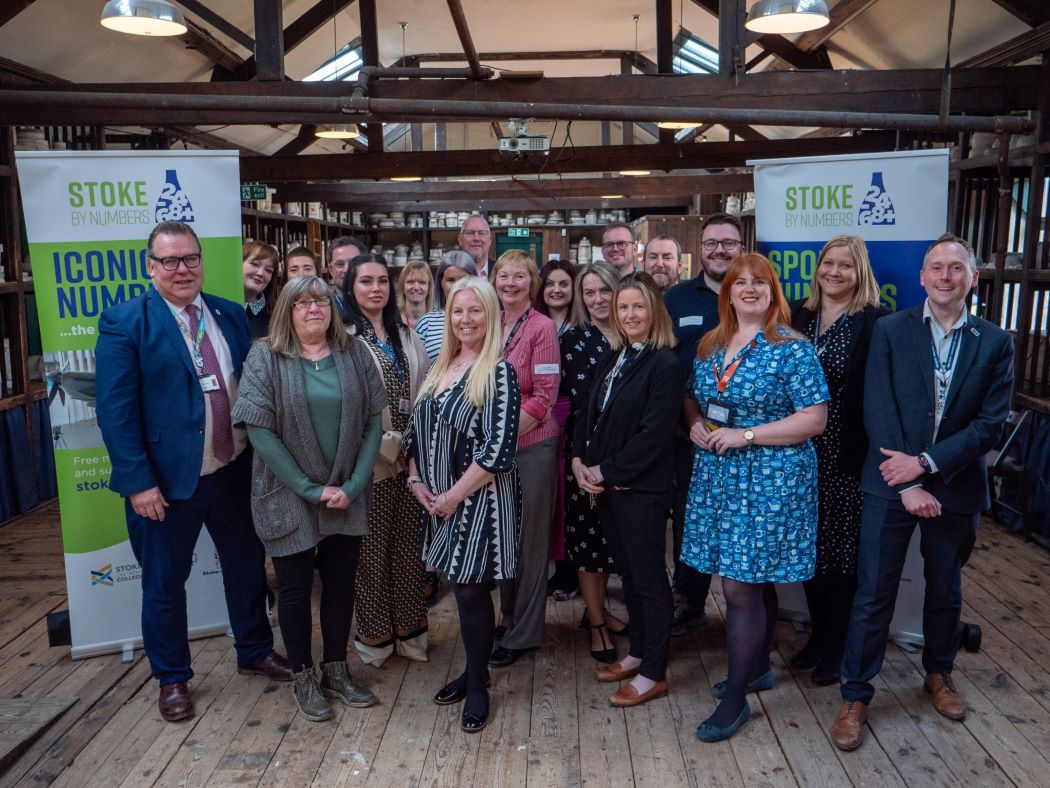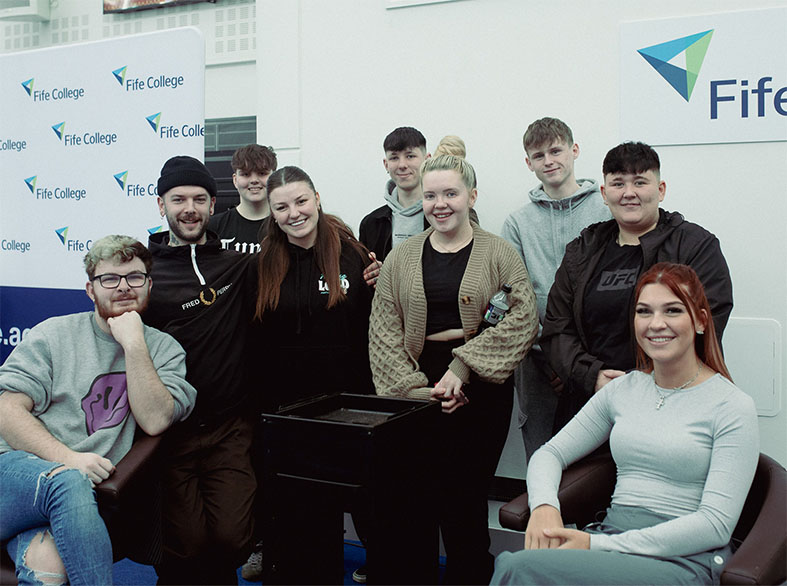A-Level, T-Level & VTQ Results Day 2023: Sector Response

Exams and formal assessments in England, including GCSEs, AS levels, A-levels, T-Levels and VTQs, went ahead as normal this summer, following major disruptions in previous years exams due to the Coronavirus Pandemic.
This year, A-level, T-Level and VTQ Results day is on the 17th of August, with GCSE results day the following week on the 24th of August.
In September 2021, when this year’s cohort of students began studying their GCSE and A-level courses, Ofqual set out a two-year plan to return to normal grading.
As we return to normal this summer – national results are expected to be similar to those in pre-pandemic years. This means results will be lower than last summer. Universities have made sure the way they set entry requirements and make offers to students reflects this years change in grades.
T-Levels
This is the second year in which T Level results will be awarded. Over 4,000 students are awaiting their final results next week!
Last year, the first cohort of around 1,000 students received their T-Level results, with 92.2% of students achieving at least a Pass.
Vocational & Technical Qualifications (VTQs)
From Autumn 2023, UCAS will expand its service so that young people can see more personalised options, including apprenticeships. Additionally, from 2024, students will then be able to apply for apprenticeships through UCAS alongside an undergraduate degree application, making it easier for students to track all applications.
The return to formal assessments means that national outcomes for vocational and technical qualifications (VTQ’s) are also expected to be lower than pandemic levels.
Sector Response on Results Day
David Hughes, Chief Executive, Association of Colleges said:
“We should all be proud of the students who are finding out their results today – these are young people who have had to cope with enormous disruptions to their education and training during the pandemic and the uncertainties and challenges that presented to them. To see them achieve, having worked so hard is inspiring to see.
As in any normal year there will be students disappointed as well as those delighted with their results. Our advice is always to focus on qualifications and grades as a passport to the next stage of study, training or employment rather than obsess about the grades themselves. Universities and colleges will be ensuring that every applicant is treated fairly and places on courses and jobs are available for as many as possible as is the case every year.
We must also celebrate everybody who has studied and trained – not just those who took A levels. There are more than 320,000 students who have taken technical and vocational qualifications – including a small number taking the new T levels – these are tomorrow’s engineers, mechanics, healthcare workers, and all of those who help drive the country forward. We want them to feel special today and to celebrate their achievements equally and alongside those A Level student who are traditionally applauded on results day.
Colleges across the country have played a major part in the successes today, alongside school sixth forms and staff and leaders of those institutions should be proud of their part in helping young people make the transition to adulthood through their learning. Around half of all 16-18 year olds in publicly funded education study in colleges across a range of qualifications including vocational and technical qualifications, applied general qualifications and A Levels.
Colleges cater for all types of learning, training, skills and also play a significant part in helping young people from disadvantaged backgrounds make progress – with many students going on to achieve phenomenal successes, despite the pressures they face from the cost of living crisis or previous struggles in education and training.”
Sector Response Ahead of Results Day
Lee Elliot Major, Professor of Social Mobility at the University of Exeter:
“The race for elite university places this year will be one of the most competitive in recent times. This is the harsh reality for many students hoping to get into university. In the pre-pandemic years, universities were fighting over students to fill their degrees courses; now the tables have completed turned. Tens of thousands of students may miss out on their first choices if they don’t manage to meet their predicted grades. The guarantees of previous years no longer apply.
“Rising numbers of 18-year-olds in the population mean more students are applying to higher education, and universities are having to make hard choices about the balance of home verses international student places as they strive to secure a sustainable financial future.
“This is in many ways the unluckiest cohort of students coming out of the pandemic. As well as the disruption to their learning since 2020 there will be fewer A-grade A-levels this year as we move back to tougher pre-pandemic grade boundaries. We must do all we can to provide support and guidance for a cohort who will be experiencing the highest levels of anxiety and uncertainty.
“It is crucial all these factors do not contribute to social mobility in the UK going backwards. My biggest fear is that the pandemic will widen education divides. Students from low-income homes, already disproportionately scarred by the pandemic, may lose out in this new highly competitive era not just this year but over the next decade. All but the most privileged pupils have suffered setbacks during the pandemic era, missing lessons both during Covid closures but also not attending school regularly subsequently.
“We now need to intensify our efforts to widen participation into universities so that they continue to harness academic talents from all social backgrounds. That means wider use of contextual offers to identify young people who have excelled despite facing incredibly tough circumstances and to give reduced grade offers to acknowledge their achievements. There’s good evidence now that these measures benefit young people and the institutions they study in.
“At the same time we must do more to make the cultures in universities more inclusive so that all students and staff are able to flourish whatever their background, accent, colour or cultural preferences. Only then will we be able to truly level education’s playing field.”
Chris Reddington, Senior Manager, Developer Advocacy, GitHub, said:
“The spike in interest in software engineering amongst young people poses a great opportunity for the UK on its AI mission. Over the last few years, there’s been debate around whether AI will replace human developers, but we can see that it’s doing the opposite.
Many companies have recently embarked on a digital transformation strategy, which has increased the demand for software developers, outstripping supply. The rise in AI coding tools is promising, as they have the potential to lower barriers to entry, enabling more people to explore software development and be part of the picture.
This, coupled with the rise of students applying for software engineering degrees, will help unlock the UK’s ability to bridge current technology skills gaps and power the demand for AI-led initiatives and projects. This is exactly where the UK needs to be if we want to get ahead in the AI race.”
Jon Hiscock, CEO of British engineering company Fundamentals said:
“The discourse around further education is finally changing. The crack-down on “rip-off” degrees reflects that racking up huge amounts of debt going to university doesn’t have to be the norm. And the decision to expand UCAS to include apprenticeships alongside traditional degrees is a good idea in principle. It offers tangible support that encourages school leavers to consider the different options available outside the classroom.
“Apprenticeships, especially those in the engineering industry, are a valuable opportunity to learn practical skills and specialise in areas that are at the forefront of the UK’s future – from the transition to net zero to the application of AI. And while AI is seen by many as a threat to jobs in creative industries such as media, for the engineering industry it opens up a wealth of opportunities to solve problems more quickly and effectively.
“But more still needs to be done to remove the stigma surrounding apprenticeships and get people excited about the long-term employment opportunities they provide. As this year’s GCSE and A-level students collect their results, it’s important that they are encouraged to be open-minded when considering their options. Apprenticeships are an education like no other and we need to ensure more school leavers understand the benefits of vocational training as a viable route to employment which can teach them skills which will future-proof their career.”
Commenting on the publication of tomorrow’s A-level and VTQ results in England, Geoff Barton, General Secretary of the Association of School and College Leaders, said:
“It is imperative that the government engages with employer associations and provides advice and guidance for employers to use over the changes which have taken place to grading standards between 2020 and 2023. This is vital to ensure that employers understand how different cohorts of students have been graded during and after the Covid pandemic and guard against students being disadvantaged in applications for jobs both now and in the future.
“Grading standards are this year expected to return to a similar pattern to 2019 meaning that the number achieving the top grades will reduce in comparison to last year which was in turn a reduction on the previous year. While universities are steeped in the mechanics of different qualification systems and will adjust accordingly, this is not necessarily the case with employers who will have differing levels of knowledge about these changes. The government must work with employer associations to disseminate clear information upon which recruiters can easily draw in assessing candidates.
“The changes to grading standards were driven by the unique circumstances of the pandemic, and the glide back to 2019 standards is part of a return to normality. But this will feel like a bitter pill to many in this year’s cohort as they also suffered disruption during the pandemic and those in disadvantaged circumstances were adversely affected in particular. It is essential that everything possible is done to support these young people.”











Responses